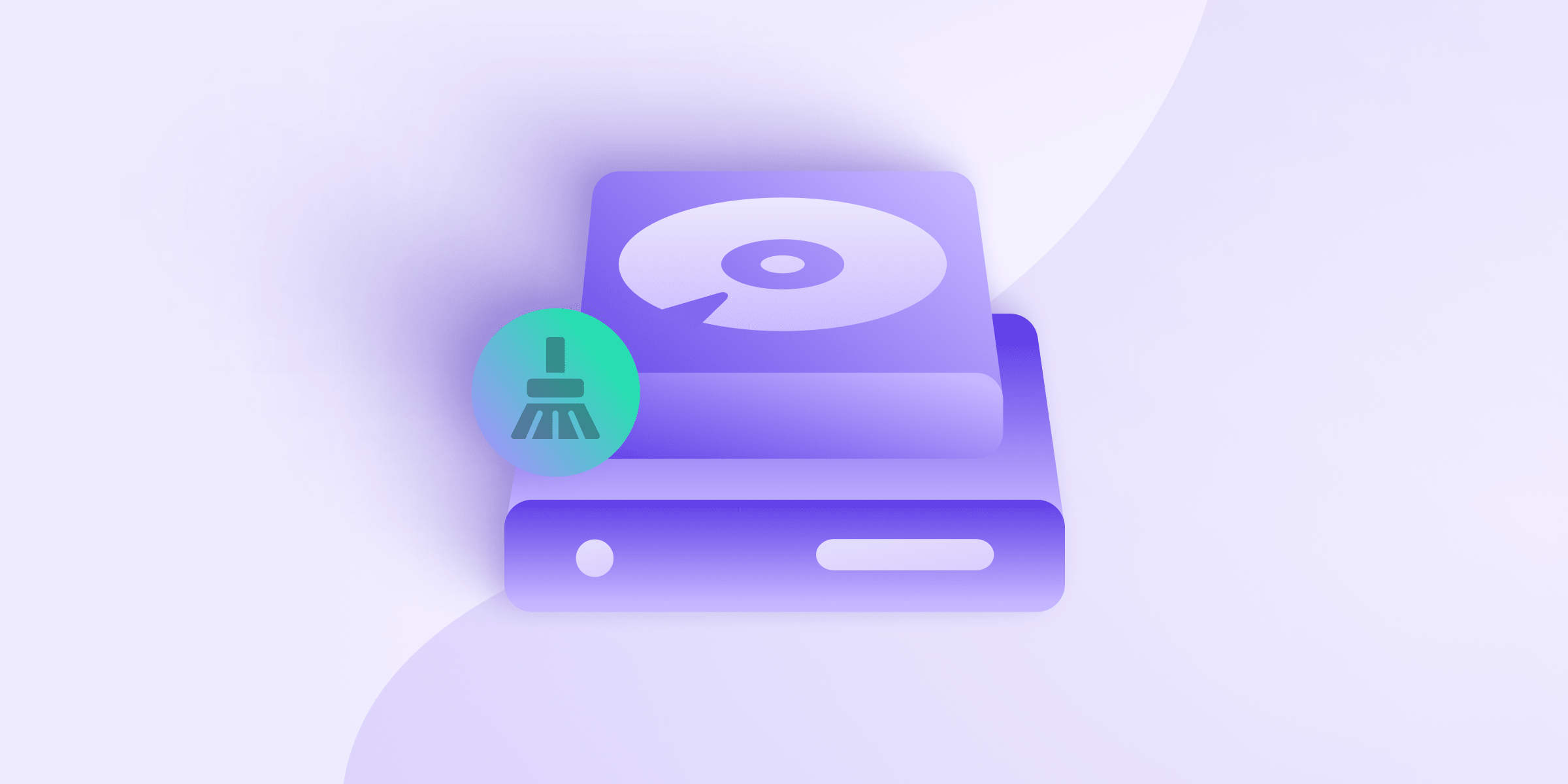If you’ve ever owned an electronic device of any kind, you know the struggle of running out of space. No matter if it’s a smartphone, laptop, or desktop computer, there never seems to be enough room for all your files. Let’s show you some simple ways you can free up disk space.
Uninstall programs you don’t need
The first thing to check if you’re running out of disk space is what you have installed on your system. It could be that you have some large programs taking up space despite not using them anymore. Games, especially, are notorious gluttons and uninstalling a few you’ve already finished will likely make your hard disk breathe a sigh of relief.
On Windows systems, uninstalling programs is simple: Go to your Control Panel via the task bar, go to the Programs tab, and there right click the programs you want gone. Then click Uninstall.

For macOS users, the process is similar: Simply go to the Launchpad, and then click and hold any app until it jiggles. Then, click on Delete and the app will be removed.

On mobile systems, find the app you want to remove, tap and hold it until a dialog pops out, and select Uninstall on Android or Delete on iOS.

Regularly clear out your folders
Regularly checking your devices for superfluous programs is a good habit to have, but it’s not the only way to keep device storage from overflowing. Something else to keep an eye on are your folders. Your downloads folder is especially prone to accumulating clutter, and it pays to check it often to make sure it’s not full of files you no longer need.
We recommend regularly checking all folders on your devices, maybe doing the rounds once a month. If you see files you no longer need on a Windows system, select them, right-click, and then click the trash icon.

On macOS, select any files you want to get rid of and drag them to the Trash icon, in the bottom right of your dock.

On Android and iOS, the biggest culprit for overflowing storage is most likely your media files. It’s probably best to go into the viewer and delete photos or downloaded videos you don’t need.

Store files in the cloud
Clearing out your folders and uninstalling programs are good digital housekeeping, but they only get rid of files you no longer need. What if you have a lot of files you don’t use regularly, but don’t want to get rid of, either?
For example, your tax admin if you’re a homeowner or run a business needs to be kept for a number of years, depending on where you live. You probably don’t want to get rid of photo collections, either, or throw out work that you’re particularly proud of.
The easiest way to deal with this issue is with cloud storage(new window), which lets you store files on remote servers, safe from interference while not cluttering up your hard drive. Uploading files to the service is easy, as is retrieving them, with both actions not taking more than a single click.
Of course, when you keep files on a remote server, the people who run that server could, if they wanted to, see what you’re storing. This is why we developed Proton Drive, a cloud storage service that uses end-to-end encryption(new window), which renders your files inaccessible to anybody but you and people you share them with. Not even Proton can see what you store on our servers — all of which are fully encrypted, meaning they are secure even at the hardware level.
This is great for your privacy, but also for security: Even if hackers somehow breached our servers, all they would get away with are encrypted files, making them virtually worthless.
If you need the cloud for more than just storage, Proton Drive also offers synchronization(new window), meaning any files you select on your hard drive will be automatically duplicated in the cloud, giving you a safety net in case your disk fails. For mobile users and their massive photo libraries we also offer a photo backup feature, making it easier to manage space on your phone or tablet.
If your aim is to keep your hard drive free of clutter, using Proton Drive for storage is a great way to start. We offer up to 5 GB for free, meaning you can store a lot of files before you need to worry about paying anything.
But if you do need more storage space, you can upgrade to Proton Unlimited and get 500 GB, plus premium access to all our other encrypted services, including email, calendar, VPN(new window), and password manager.
Proton is 100% supported by paid subscriptions from our community, so our only business model is to spread access to privacy. When you sign up for Proton Drive, you’re joining a movement to build a better internet.














